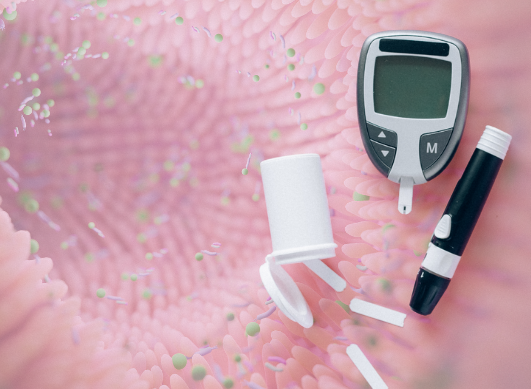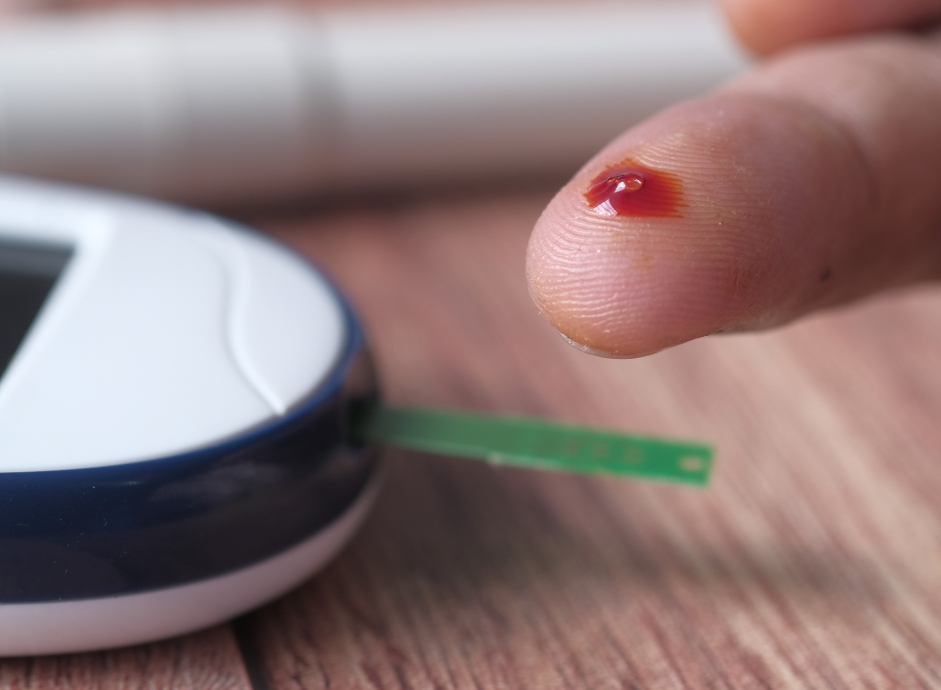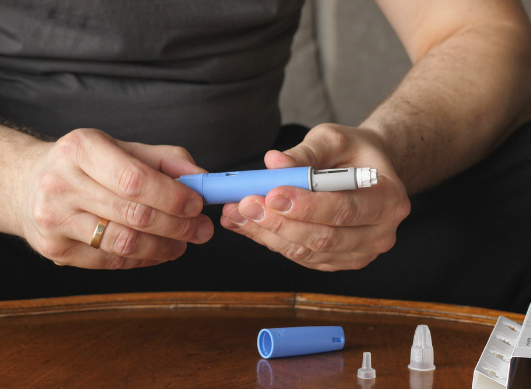- Home
- Forums
- Diabetes (Type 2) Forum
- Research and useful tips - Type 2 Diabetes
- Drinking and Type 2 Diabetes
Patients Diabetes (Type 2)
Drinking and Type 2 Diabetes
- 46 views
- 0 support
- 1 comment
All comments

robjmckinney
AmbassadorGood advisor
![]()
robjmckinney
Ambassador
Last activity on 12/02/2026 at 18:17
Joined in 2015
643 comments posted | 115 in the Diabetes (Type 2) Forum
64 of their responses were helpful to members
Rewards
-
Good Advisor
-
Contributor
-
Messenger
-
Committed
-
Explorer
-
Evaluator
Never found a problem with alcohol but as a rum and diet coke drinker I remain unaffected. It does seem to be an issue if I add cider to the mix. Women I would thought have a bigger issue as their tolerance to alcohol is much lower and always needs to be considered, diabetic or not.
But on the whole I have no real issue with alcohol as a diabetic, even on the few occasions of very heavy drinking.
See the signature
robjmckinney
Give your opinion
Survey
Survey
Members are also commenting on...
Articles to discover...
Medication fact sheets - patient opinions...
Subscribe
You wish to be notified of new comments
Your subscription has been taken into account









Margarita_k
Good advisor
Margarita_k
Last activity on 07/10/2020 at 11:39
Joined in 2016
1,195 comments posted | 76 in the Diabetes (Type 2) Forum
2 of their responses were helpful to members
Rewards
Good Advisor
Contributor
Messenger
Committed
Explorer
Evaluator
Alcohol doesn't have to be off-limits if your diabetes is controlled, you're otherwise healthy, and you know how to handle your blood sugar when it veers off path.
Popping a champagne bottle, clinking glasses for a toast, or sharing a beer with friends are time-honored rituals. If you have type 2 diabetes, does this mean those rituals can no longer be part of your life?
Questions to Ask Before Imbibing
You should ask yourself these three questions before you consider drinking alcohol:
- Is your diabetes under control?
- Do you have any other illnesses that could be made worse by drinking alcohol?
- Do you know how to manage your blood sugar if it dips too low or rises too high?
If your diabetes is not under control; if you have other illnesses affecting your liver, heart, or nerves; or if you don’t know what to do if your blood sugar fluctuates too much, alcohol may cause some significant side effects.
Finally, if you didn’t drink alcohol before you were diagnosed with diabetes, you probably shouldn’t start now.
Regular drinking can also interfere with good diabetes self-care. A large study of nearly 66,000 patients with diabetes published in April 2013 in the journal Acta Diabetologica found that the more patients drank, the less likely they were to adhere to important self-care behaviors like getting enough exercise, not smoking, eating a healthy diet, and taking their diabetes medications.
Your Physician’s Input Is Important
Cynthia Herrick, MD, a Washington University endocrinologist with Barnes-Jewish Hospital in St. Louis, says people with type 2 diabetes should talk with their physician about how often — and how much — they drink.
If you’re healthy and your doctor doesn’t see any reason why you can’t drink alcohol, as always, moderation is the key. Robert Ruxin, MD, an endocrinologist in Ridgefield, Connecticut, says moderation means a daily limit of "one alcoholic drink equivalent or less for women and two or less for men, if they’re used to it." A "drink equivalent" is 12 ounces of beer, five ounces of wine, or 1.5 ounces of hard liquor.
Alcohol, the Liver, and Type 2 Diabetes
Your liver plays a role in balancing your blood sugar-to-insulin ratio when you’re not eating or drinking. Dr. Ruxin explains, “Alcohol slows down your liver’s ability to produce sugar during the fasting state or overnight, which is when our sugar levels drop to the lowest [level].”
Dr. Herrick adds that if you drink alcohol before you’ve eaten, your blood glucose level will start dropping, and that’s a problem. “The liver will be unable to release the necessary glucose into the bloodstream to correct it because it has to focus on clearing out the alcohol first.”
So, before having that drink, she suggests that you prepare for it. Have a balanced meal or a snack that has protein, carbohydrates, and fats in it beforehand. You need the food to provide sugar to your body, counteracting the alcohol’s effects.
Predrinking Precautions
If you are going to have a drink or two, there are some precautions you should take to reduce the risk of low blood sugar, also called hypoglycemia. Aside from eating, as Herrick suggests, they include:
- Take your glucometer with you so you can monitor your blood sugar levels.
- Be sure your companions know how to recognize the signs and symptoms of low blood sugar and what to do if they see them.
- Because glucagon, an emergency shot some diabetics carry to inject if their sugar gets too low, may not work properly if you have alcohol in your blood, make sure someone knows to call 911 if you become unconscious.
- Wear a medical alert bracelet or some type of identification that notifies emergency personnel of your diabetes.
- Input your medical condition and emergency contact in the health app of your cell phone (these details can be accessed even when a phone is code locked).
Having diabetes doesn’t mean you necessarily have to give up those time-honored rituals. But it does mean you need to prepare and be careful.
Source: everydayhealth.com
__________________________________
What is your relationship with alcohol? What does your doctor tell you?
If you were used to an occasional drink before you were diagnosed with T2D, how are you coping with having to reduce the amount of alcohol you can condume?